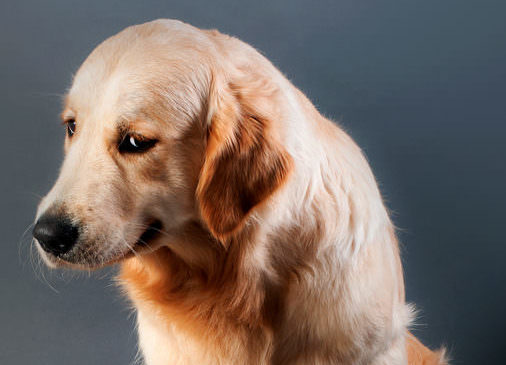 Shutterstock
Shutterstock
Dogs are loyal, loving companions—but they also have complex emotions that sometimes surprise us. Just like humans, dogs can feel envious when they think their bond with you is being threatened. Whether it’s a new pet, a baby, or even your attention glued to your phone, dogs have subtle and not-so-subtle ways of expressing their jealousy. Understanding these behaviors can help you nurture a happier, more secure pup.
Pushy Behavior for Attention
 Shutterstock
Shutterstock
When your dog wedges itself between you and another person—or even a pet—it’s making a statement: “Hey, what about me?” This physical interruption is one of the most obvious signs of jealousy. They may nudge your hand, sit in your lap uninvited, or bark to regain your focus. It’s their way of reclaiming center stage.
Excessive Barking or Whining
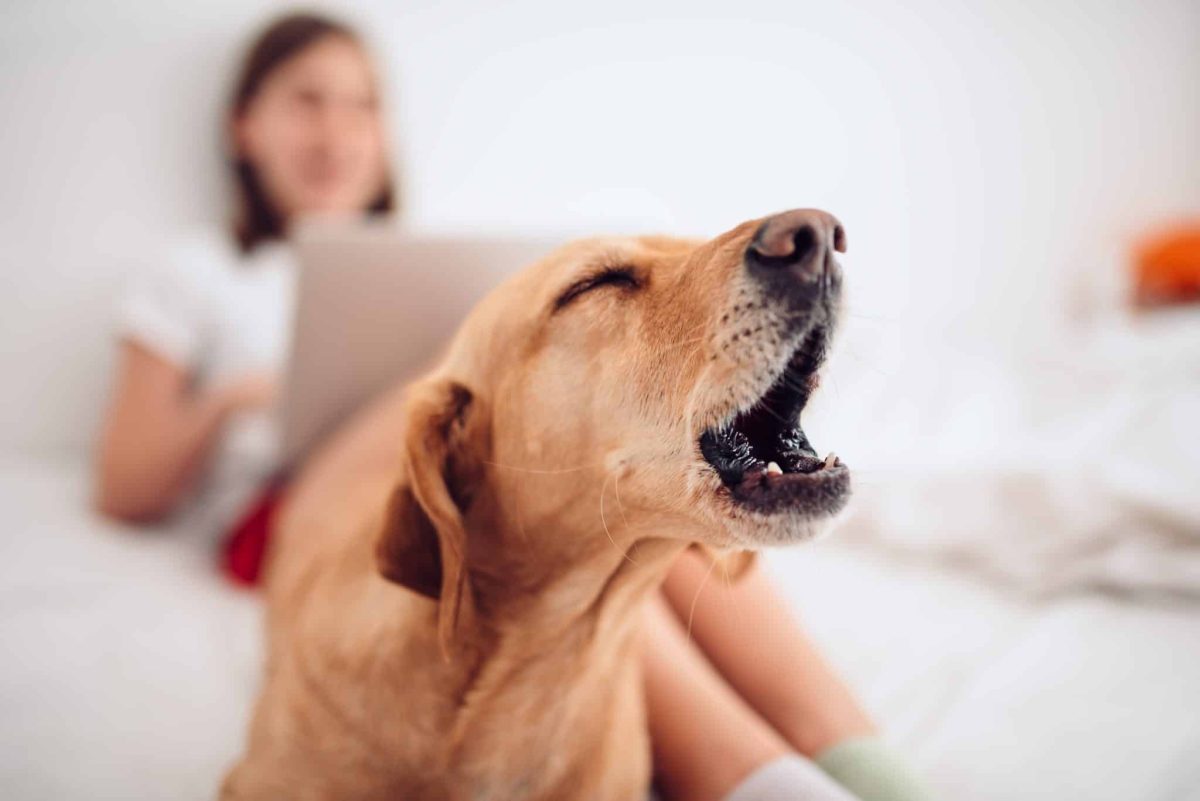 Shutterstock
Shutterstock
Jealousy can turn even the quietest dog into a vocal critic. If your dog suddenly starts barking or whining when you pet another animal or talk to someone else, it might be feeling left out. This vocal protest is their emotional outburst. It’s a cry for the attention they feel they’re missing.
Clinginess and Shadowing You
 Shutterstock
Shutterstock
Does your dog suddenly act like your furry shadow? When feeling jealous, some dogs become extra clingy, following you from room to room and constantly wanting to be near you. This behavior is rooted in insecurity, as they seek reassurance that they’re still your top priority. They just need a little extra love.
Destructive Behavior
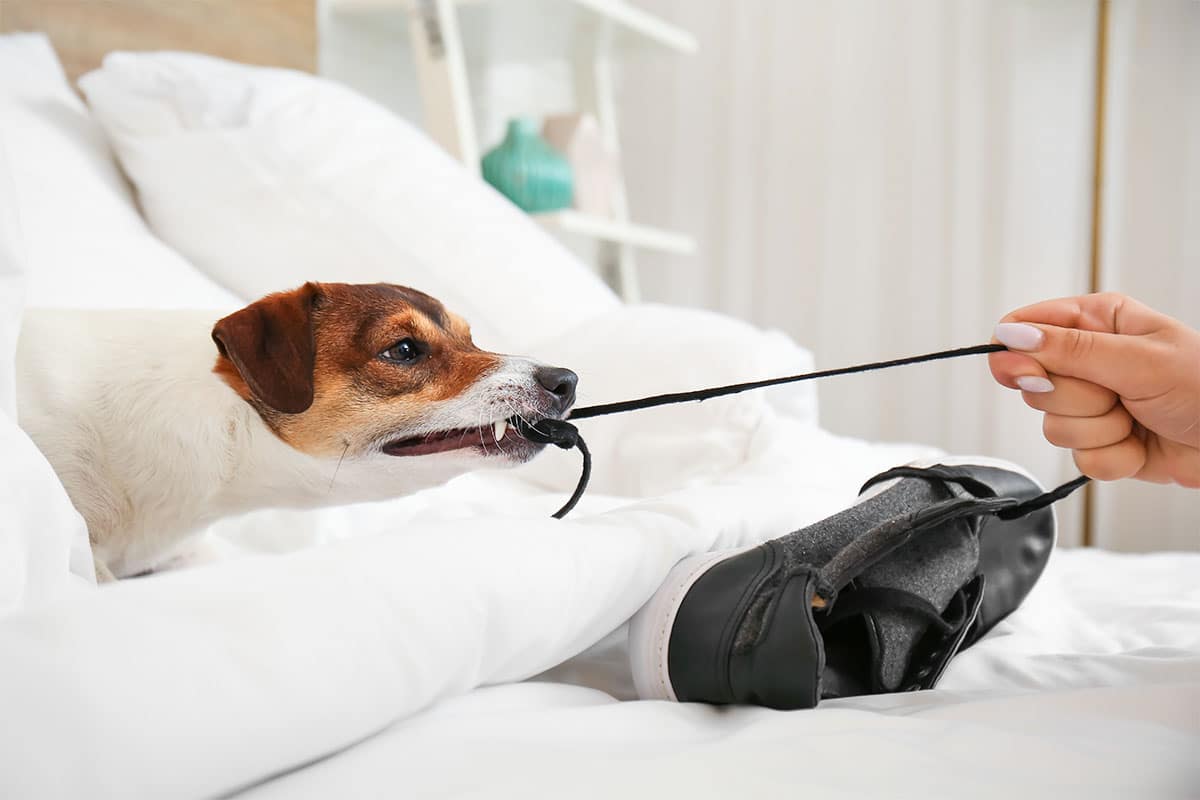 Shutterstock
Shutterstock
Chewing shoes, digging through trash, or ripping up pillows—sometimes jealousy takes a more chaotic turn. If this behavior emerges when you’re focused on someone or something else, it could be a jealous reaction. It’s their frustrated way of saying, “Look at me!” Addressing it gently can help prevent further outbursts.
Ignoring Commands
 Shutterstock
Shutterstock
A normally obedient dog may “suddenly forget” basic commands when it’s feeling jealous. This act of defiance is a passive-aggressive way of expressing displeasure. It’s not that they forgot how to sit or stay—they’re simply showing their emotional disapproval. A little patience and positive reinforcement go a long way.
Trying to Insert Themselves into Play
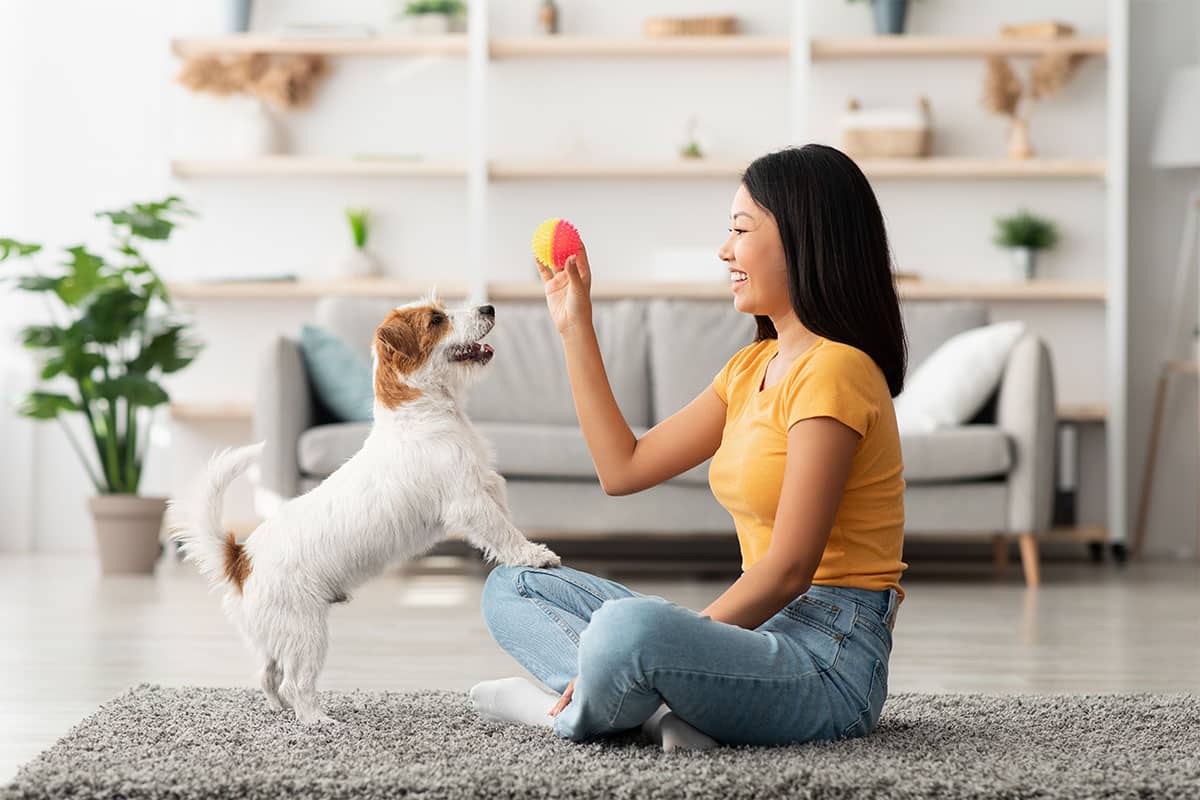 Shutterstock
Shutterstock
If you’re playing with another dog or child and your dog jumps in uninvited, you’ve got a classic jealousy move on your hands. Whether they grab the toy or shove their body into the game, they’re saying, “Don’t forget me!” It’s a playful, but pointed, way of reclaiming your attention. They want in on the fun, too.
Resource Guarding
 Shutterstock
Shutterstock
Dogs sometimes guard toys, beds, or even their favorite person when they feel insecure. This behavior can become more pronounced when a new pet or person is introduced. Growling or possessiveness is your dog’s attempt to protect what they value most—you. Early intervention is key to preventing this from becoming a problem.
Licking or Pawing Excessively
 Shutterstock
Shutterstock
Some dogs use affection as a distraction tactic. Jealous dogs may start licking your hands or face more than usual, or gently paw at you to redirect your focus back to them. It’s sweet, but strategic. They’re trying to remind you who your best friend is.
Acting Aloof or Distant
 Shutterstock
Shutterstock
Not all dogs become clingy or noisy—some take the cool, silent approach. If your dog suddenly becomes withdrawn or sulky when someone else gets your attention, it might be feeling jealous in its own quiet way. They’re hoping you notice the change and bring the attention back. A little coaxing can bring them out of their emotional shell.
Peeing Indoors or Marking
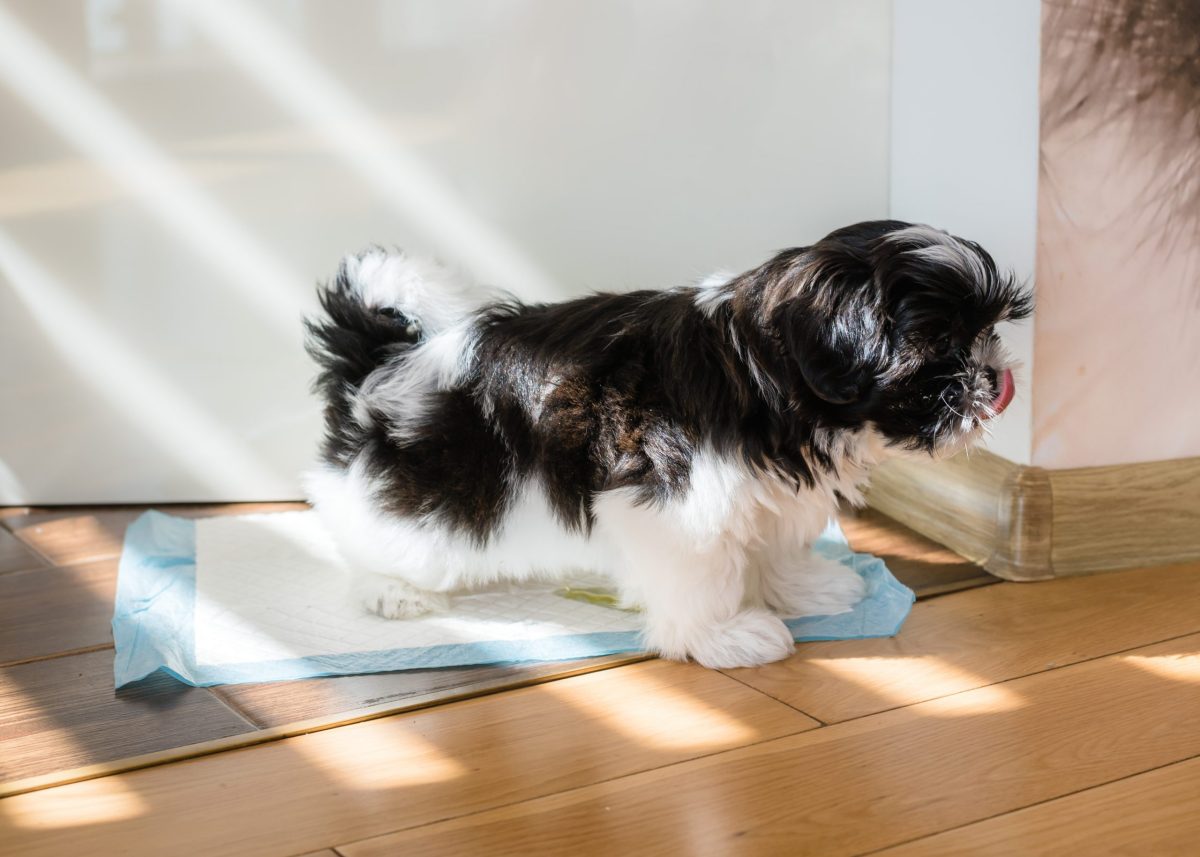 Shutterstock
Shutterstock
A sudden accident indoors may not be a house training slip—it could be an emotional protest. Jealous dogs may mark territory as a way of reasserting their place. It’s not spiteful—it’s instinctual. Addressing their emotional needs usually resolves this behavior quickly.
Overreacting to Affection Given Elsewhere
 Shutterstock
Shutterstock
A jealous dog might suddenly bark, whine, or even try to push another pet away when you’re giving out belly rubs or cuddles. This overreaction is a clear sign that your dog is struggling with divided attention. They may even insert themselves between you and the other animal. They just want to make sure there’s enough love to go around.
Ruff Feelings, Real Emotions
 Shutterstock
Shutterstock
Dogs may not speak our language, but their behavior speaks volumes when they’re feeling insecure or overlooked. Recognizing jealousy in your dog isn’t just about correcting behavior—it’s about understanding their emotional world. With a little patience, reassurance, and quality time, you can ease their mind and strengthen your bond. After all, in your dog’s eyes, you’re their whole world—why wouldn’t they fight for your attention?
This content was created with AI assistance and edited by the iHeartDogs team.

 2 weeks ago
10
2 weeks ago
10


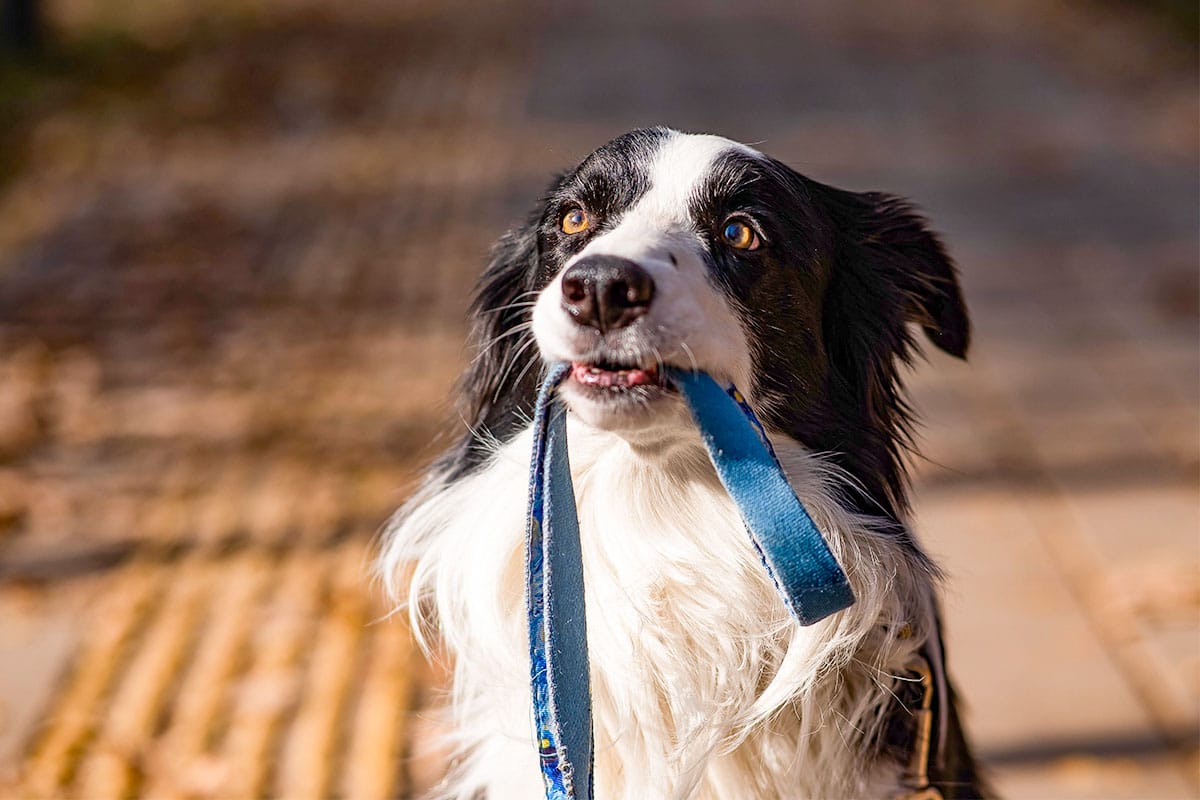



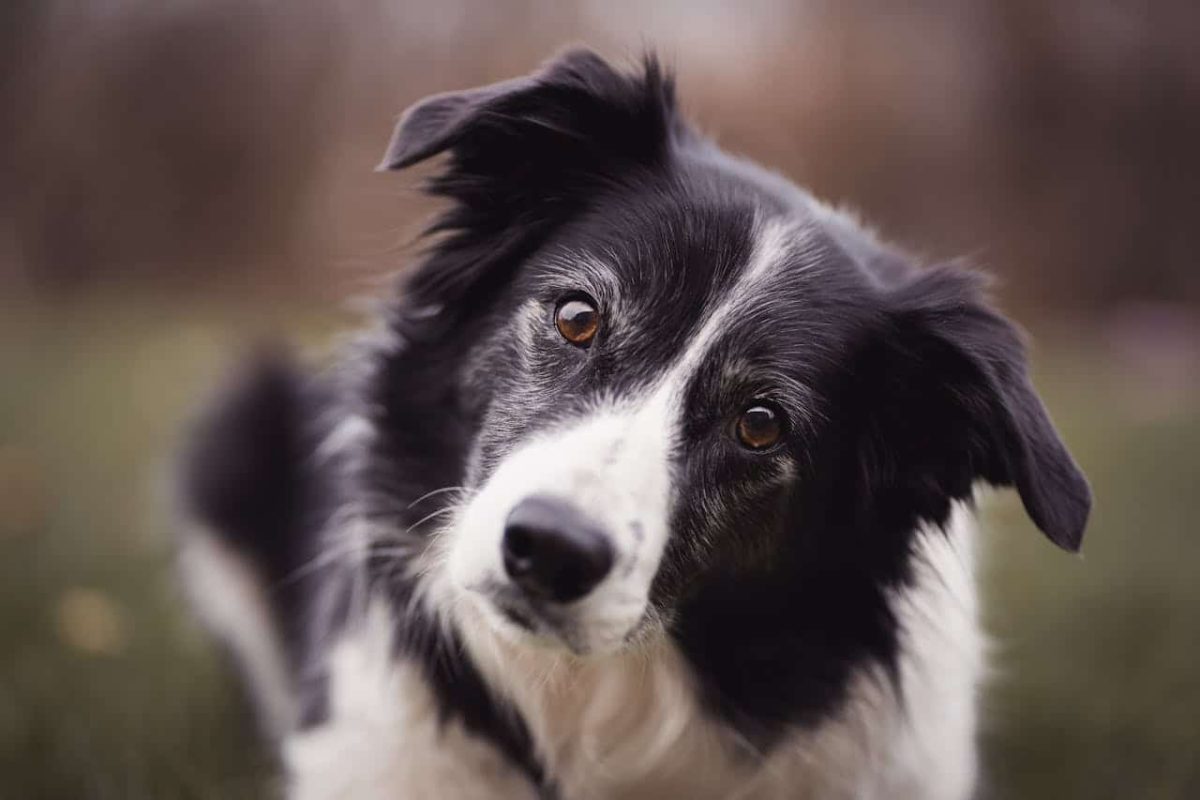
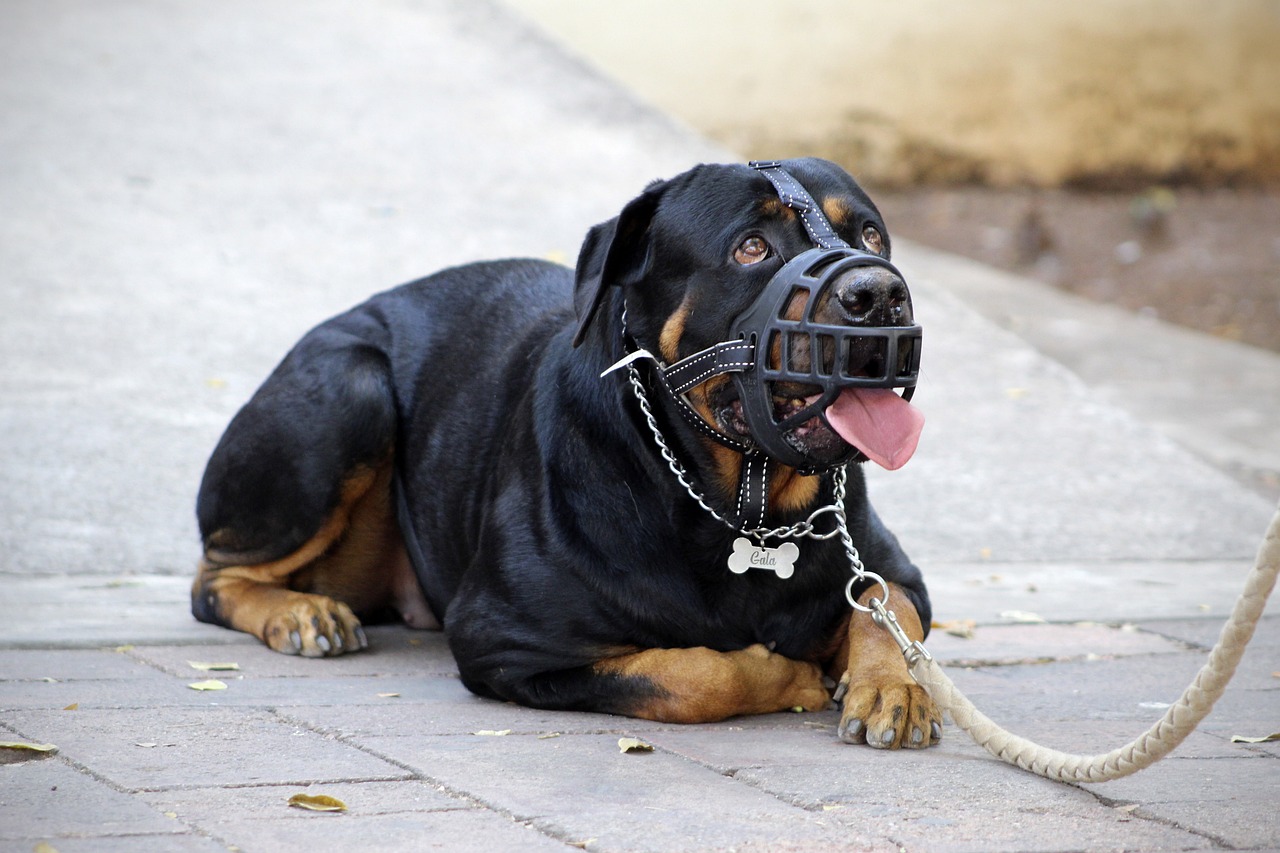


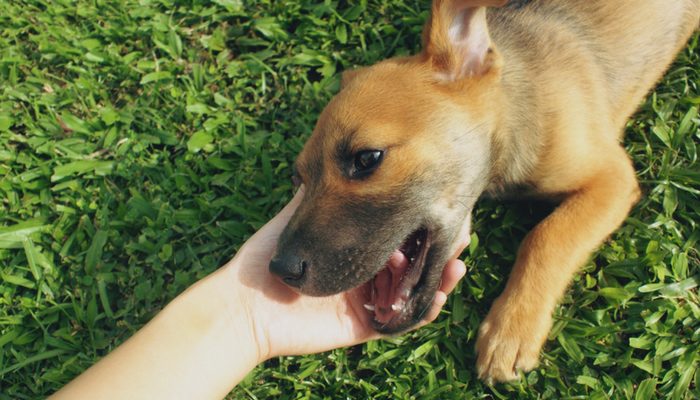

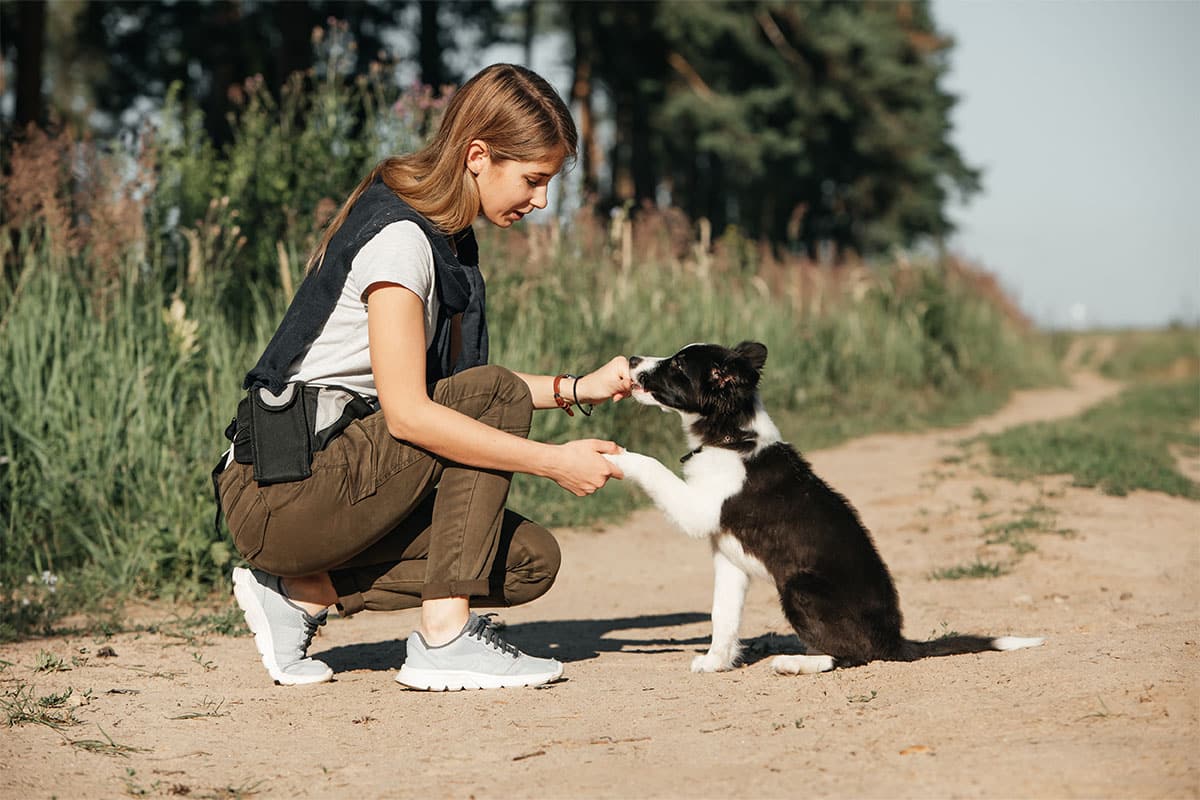
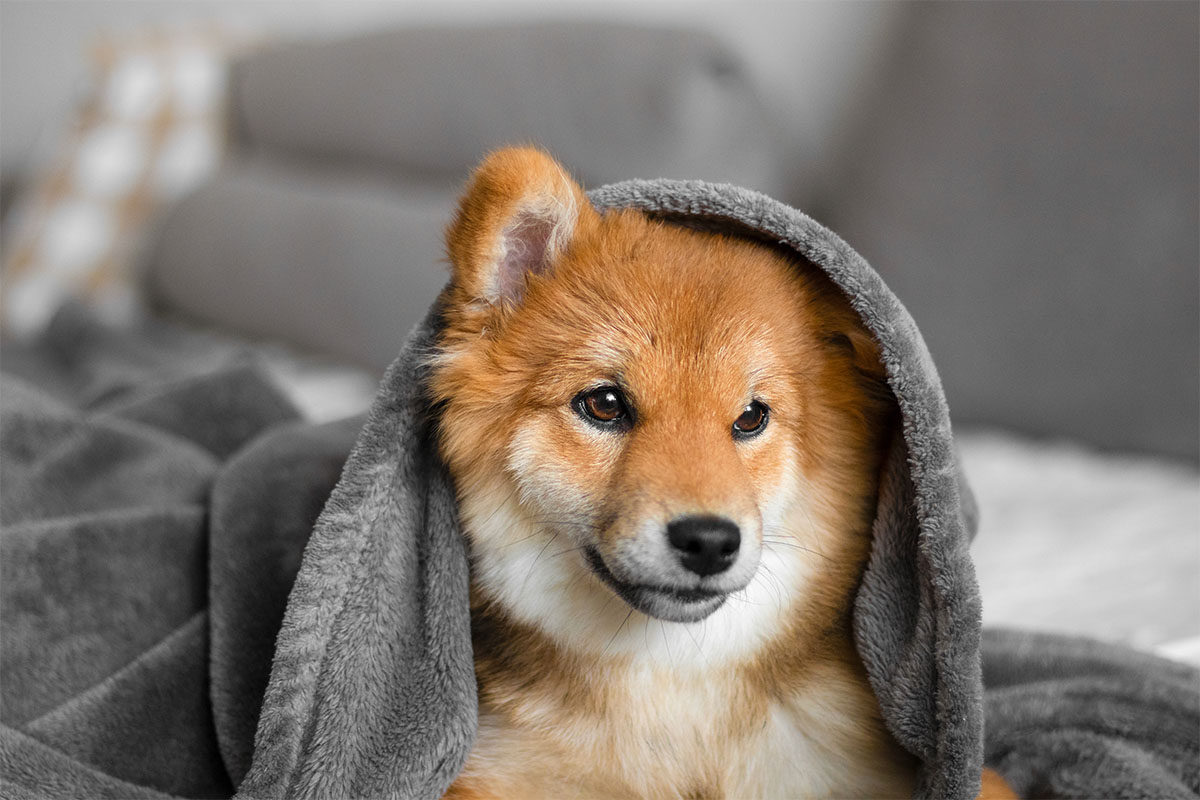

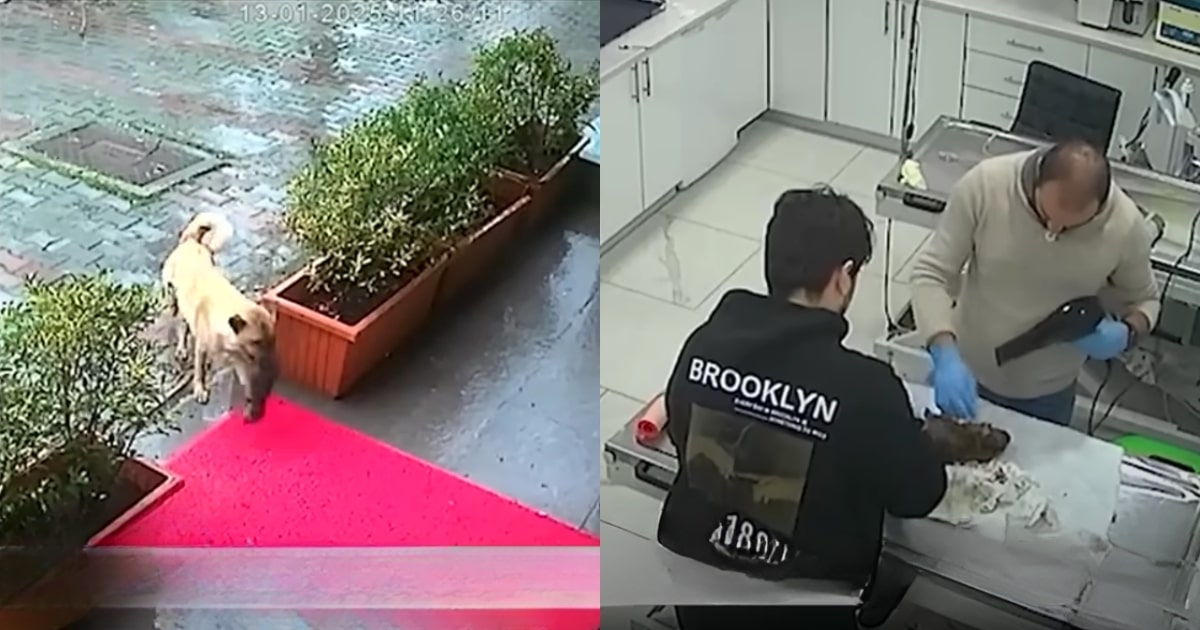
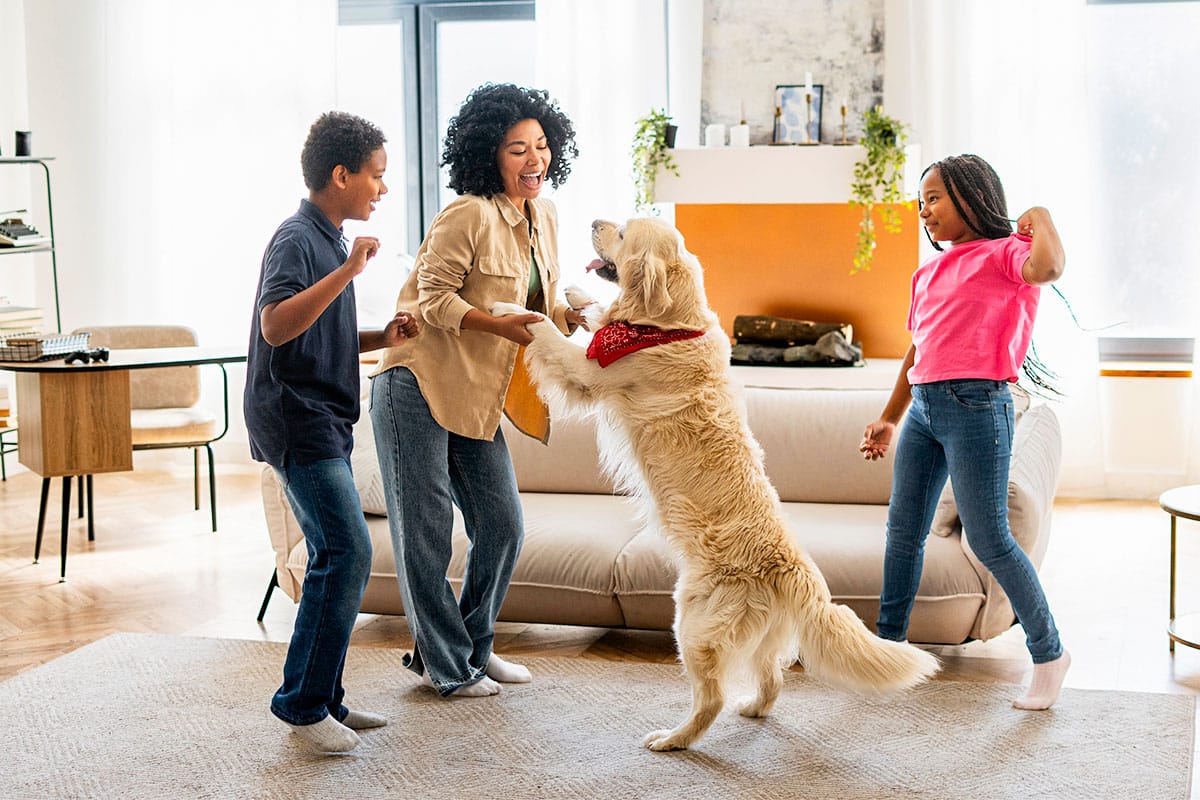

 English (US) ·
English (US) ·